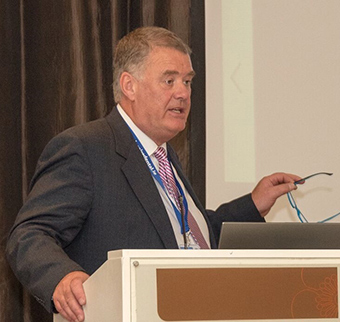Recognition welcome but work to be done
Irish dentists have welcomed the recognition of the “huge damage” caused by cuts in state support to dental patients in a recent government report, but insist there is a lot more work to be done to reset the balance.
The recent all-party Oireachtas committee into the future of healthcare, Sláintecare, recommends re-instating in full the Dental Treatment Services Scheme (DTSS) or Medical Card Scheme at an annual cost of €ı7 million a year. And, while the increased investment was welcomed, Irish Dental Association chief executive Fintan Hourihan said there was now an opportunity to develop and enhance the scheme.
He said: “Trying to repair a fundamentally flawed scheme which was introduced almost a quarter of a century ago, makes no sense. We have to adapt, to learn from the past and introduce a new scheme which is fit for purpose.
“Likewise, we need to build on the limited progress made with the recent discussion on the separate PRSI dental scheme at a time when we are playing catch-up following decades of neglect of oral health by the state and a wide range of political parties
in Government.”
However, in a letter to the Irish Times, Tipperary dentist Padraig O’Reachtagain argued that, if the dental services budget for medical card holders is reinstated at 2009 levels, an increase of 25 per cent on current levels, things are unlikely to improve.
He wrote: “The number of medical card holders has increased by ı7 per cent during this time. Also, the fees for dental services provided to medical card holders have not been increased for ı0 years, while the consumer price index has increased by 7 per cent and medical inflation by 40 per cent. There is no hope of reversing the worsening of dental health levels if this report is implemented.”
Padraig also criticised the government for its failure to replace the 23-year-old national oral health policy. To which, a spokesman for the Department of Health responded: “Work commenced in the Department of Health on the development of a National Oral Health Policy in 20ı4. It was anticipated that the project would take three years to complete, given the extensive research, analysis and consultation involved. It is due to be completed later this year. The Policy will replace the Dental Health Action Plan, published in ı994.”

